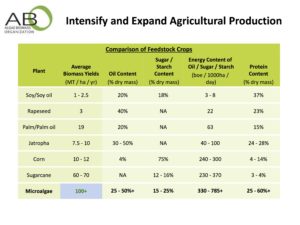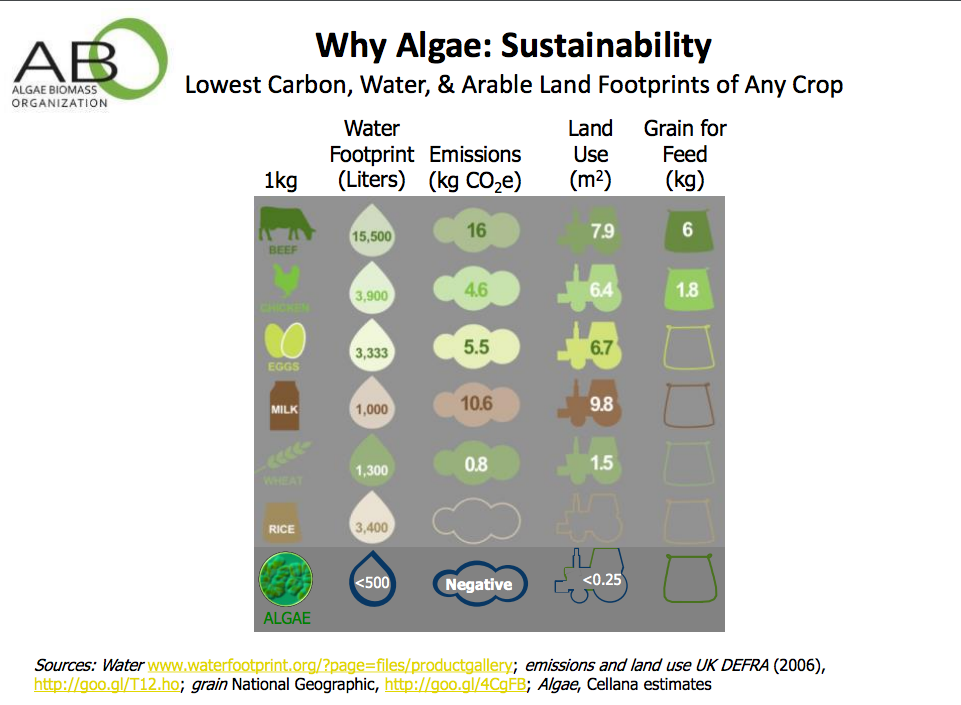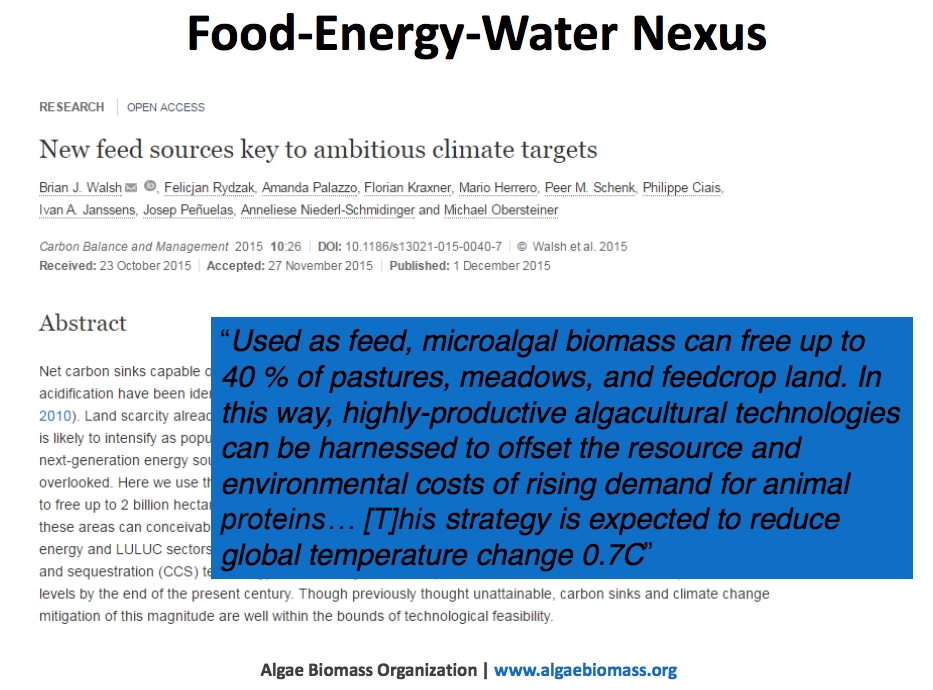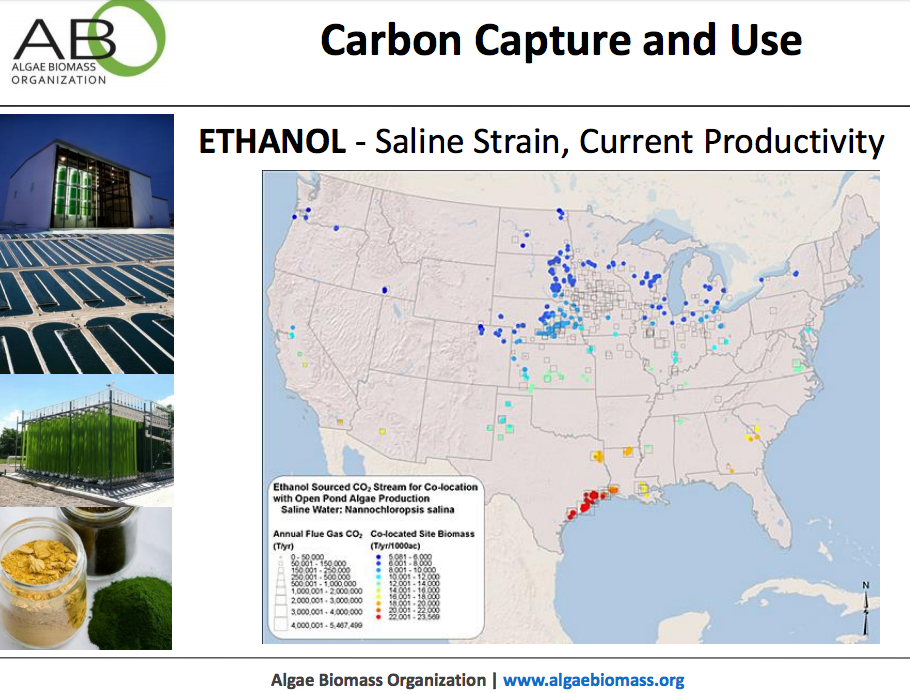An amendment from Rep. Neal Dunn (R-FL-2nd) establishing a USDA Algae Research Program has been adopted in H.R. 2, the comprehensive 5-year Farm Bill just approved by the House Agriculture Committee in a party-line vote.
If enacted, this provision would provide a major boost to investment in research and development of algae as a sustainable source of food and feed, biofuels and biomaterials, and as a solution for carbon capture, soil health, nutrient management, and other on-farm applications.
A big thank you to Rep. Dunn, as well as to House Agriculture Committee Chairman Mike Conaway for including the amendment in his package of recommended bill amendments.

 If you are a student, postdoc or early career professional interested in algae and algae-based technologies, the Algae Biomass Organization (ABO) would like to invite you to our
If you are a student, postdoc or early career professional interested in algae and algae-based technologies, the Algae Biomass Organization (ABO) would like to invite you to our 



